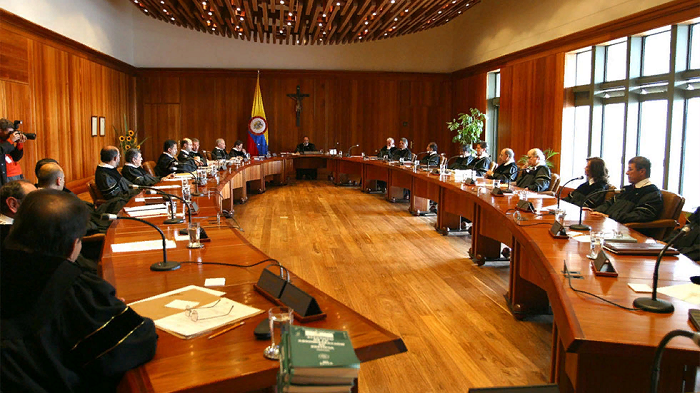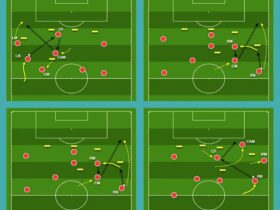There was a legal precedent in the Colombian town of Cartagena: Judge Juan Manuel Padilla sentenced a couple with the chat bot ChatGPT.
During the proceedings, «Your Honor» had to decide whether the medical insurance of a child with autism covers all the costs of his treatment. When the verdict was announced, Mr. Padilla decided to consult with artificial intelligence and asked a colleague «without a soul»: «Is an autistic minor exempt from paying fees for his treatment?» The robot responded positively, referring to local legislation.
The participation of artificial intelligence in the trial has provoked a wave of controversy both in the legal community and among ordinary people who are concerned that they are trying to replace the real rulers of the law with machines. Mr. Padilla, in turn, explained that he is not trying to deprive colleagues of the judicial hammer, but only optimizes the work of the justice system. To do this, he «hired» ChatGPT to act as a secretary and help structure the information. In addition, when passing sentence, he relied not only on the opinion of the robot, but also on the precedent from previous rulings. But the chatbot itself did not share the point of view of the «boss. He told The Guardian that ChatGPT has no place in court proceedings, because artificial intelligence «does not replace the knowledge, experience and judgments of a human judge.» Along the way, the robot advised journalists to be careful quoting his sayings, because he often demonstrates bias and lies plausibly.
It is worth noting that ChatGPT is not the only representative of the machine community who is expected to have a career in the judicial field. So, American scientists have invented a robot lawyer. He was supposed to defend the first client at the end of February, but the debut had to be postponed due to US law enforcement officers who threaten to send the creators of the iron lawyer to jail.








Leave a Reply